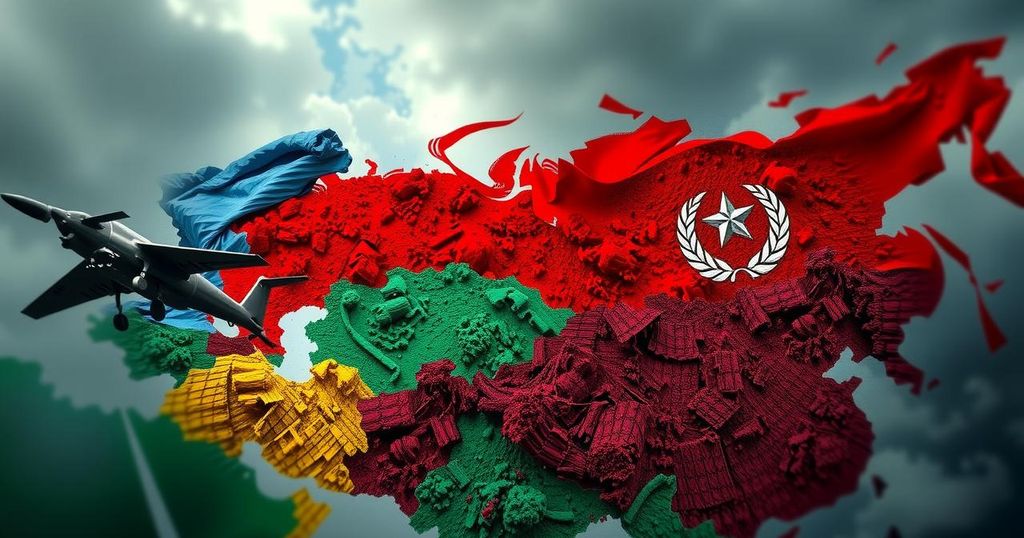Kazakhstan and Uzbekistan have recently chosen not to pursue full membership in BRICS and the Eurasian Economic Union, respectively, as a demonstration of their sovereignty against Russian influence. These decisions reflect a strategic pivot away from Russia towards balancing relationships with the West amidst increasing geopolitical tensions following the Ukraine crisis.
Kazakhstan and Uzbekistan have recently made discernible moves to assert their sovereignty in the face of Russian influence, particularly in response to calls for membership in organizations traditionally aligned with Moscow. At the 16th BRICS summit, both nations distinctly declined opportunities to progress to full membership status, signaling a departure from Moscow’s expectations. Kazakhstan’s government, under President Qasym-Zhomart Toqaev, has expressed a commitment to remain an observer within BRICS rather than pursuing full integration, prioritizing its diplomatic standing within the United Nations as the core forum for resolving global matters. Meanwhile, Uzbekistan decided against joining the Eurasian Economic Union (EEU), emphasizing the need for a thorough assessment and a cautious approach due to the recent challenges faced by Russia and its trade relationships. Both countries are striving to navigate a complex geopolitical landscape to maintain advantageous relations with Western nations while also negotiating their proximity to Russia. The Kremlin’s growing dissatisfaction with these developments underscores the delicate balancing act these Central Asian states now find themselves managing, reflecting a significant trend toward greater autonomy in a historically Russian-dominated region.
In the context of increasing geopolitical tensions following Russia’s invasion of Ukraine, Central Asian countries have been reassessing their relationships with Moscow. Kazakhstan and Uzbekistan, both of which have longstanding historical and economic ties with Russia, now face the need to distance themselves from the potential repercussions of Russian aggression and the associated sanctions regimes. Their recent decisions regarding BRICS and the EEU have become critical tests of their sovereignty and diplomatic strategies. These nations must balance maintaining friendly ties with Russia while expanding their engagement with the West and other international partners to secure their national interests and economic well-being.
The decisions by Kazakhstan and Uzbekistan to reject invitations to join BRICS and the EEU reveal a marked shift towards asserting independence from Russian influence. Their diplomatic maneuvers highlight a growing desire to establish stronger ties with the West while managing their relationships with Moscow carefully. This trend not only signifies a pivotal shift in Central Asian geopolitics but also sets the stage for future interactions as these nations navigate the complexities of regional and global diplomacy, emphasizing the importance of sovereignty and self-determination in their foreign policy strategies.
Original Source: www.rferl.org






